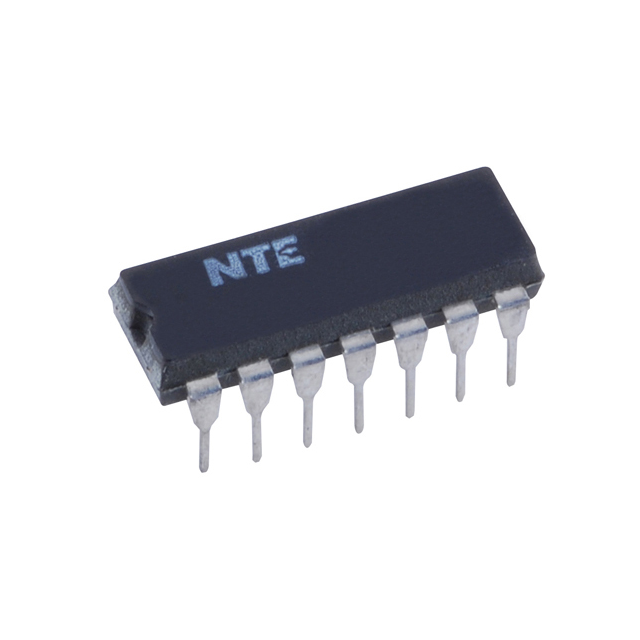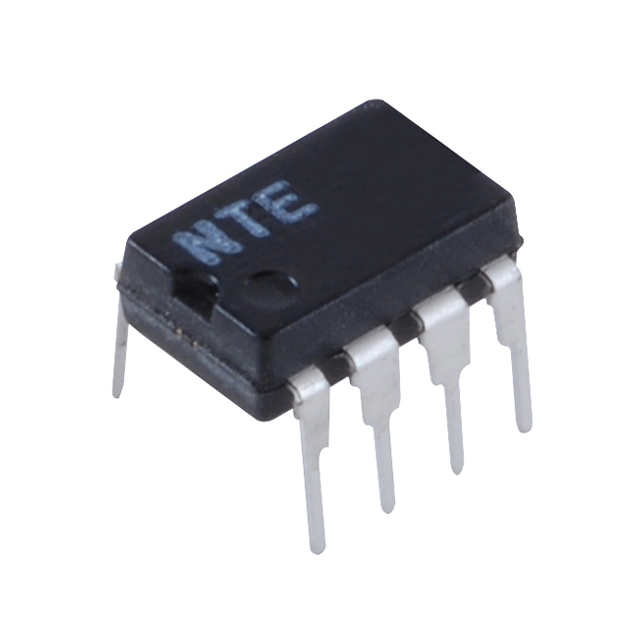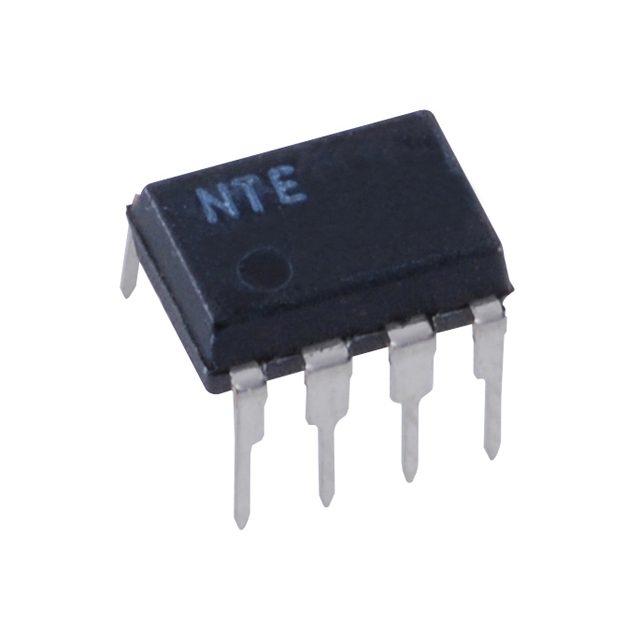Categories
- Instrumentation, OP Amps, Buffer Amps(5)
- 1
What are Instrumentation, OP Amps, Buffer Amps?
Instrumentation amplifiers, operational amplifiers (OP Amps), and buffer amplifiers are used to boost analog signals, cut down on source impedance, and keep signal sources separate from driven loads. They can also crunch numbers on analog signals, like adding them up, negating them, and integrating them. This category includes things like instrumentation amplifiers, chopper-stabilized, auto-zero, zero-drift amplifiers, and current feedback amplifiers.
What is a buffer in instrumentation amplifier?
A buffer in an instrumentation amplifier is a unity gain amplifier designed to transfer a signal from one circuit to another while adjusting its electrical impedance. By doing so, it creates a more optimal source, either by lowering output impedance in a voltage buffer or raising it in a current buffer, ensuring better signal integrity between circuits.
What is the difference between buffer and op-amp?
A buffer has the advantage of lower output impedance compared to an op amp because its loop gain is always at its maximum, and its output stage is designed for low impedance. Some op amps can become unstable when driving capacitive loads, but others handle them just fine.









